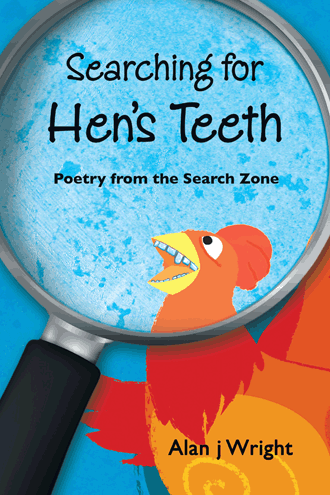A Plan For Student Writing - Don’t Over-Plan!

Over the years I have frequently reminded young writers that it helps if you know in your head where and when your story will end before you commence writing. You can stop off anywhere along the way, but at least know where you’re heading. It’s easier to map out the plot if you have a sense of direction for your writing. It represents the most basic form of planning. Planning begins with the rehearsal of broad ideas. Rolling words and phrases around in your head, telling your story to yourself and others assists in the formation of solid ideas. It crystallizes thought. Writers are storytellers and often tell their stories many times before they write. Young writers need to know this important fact. Talk is a powerful ally of the writer. Classrooms that foster quality conversations around writing intentions greatly assist the inexperienced writers to identify and enact writing intentions. Planning should provide support to students with their writing. A brief ou...

